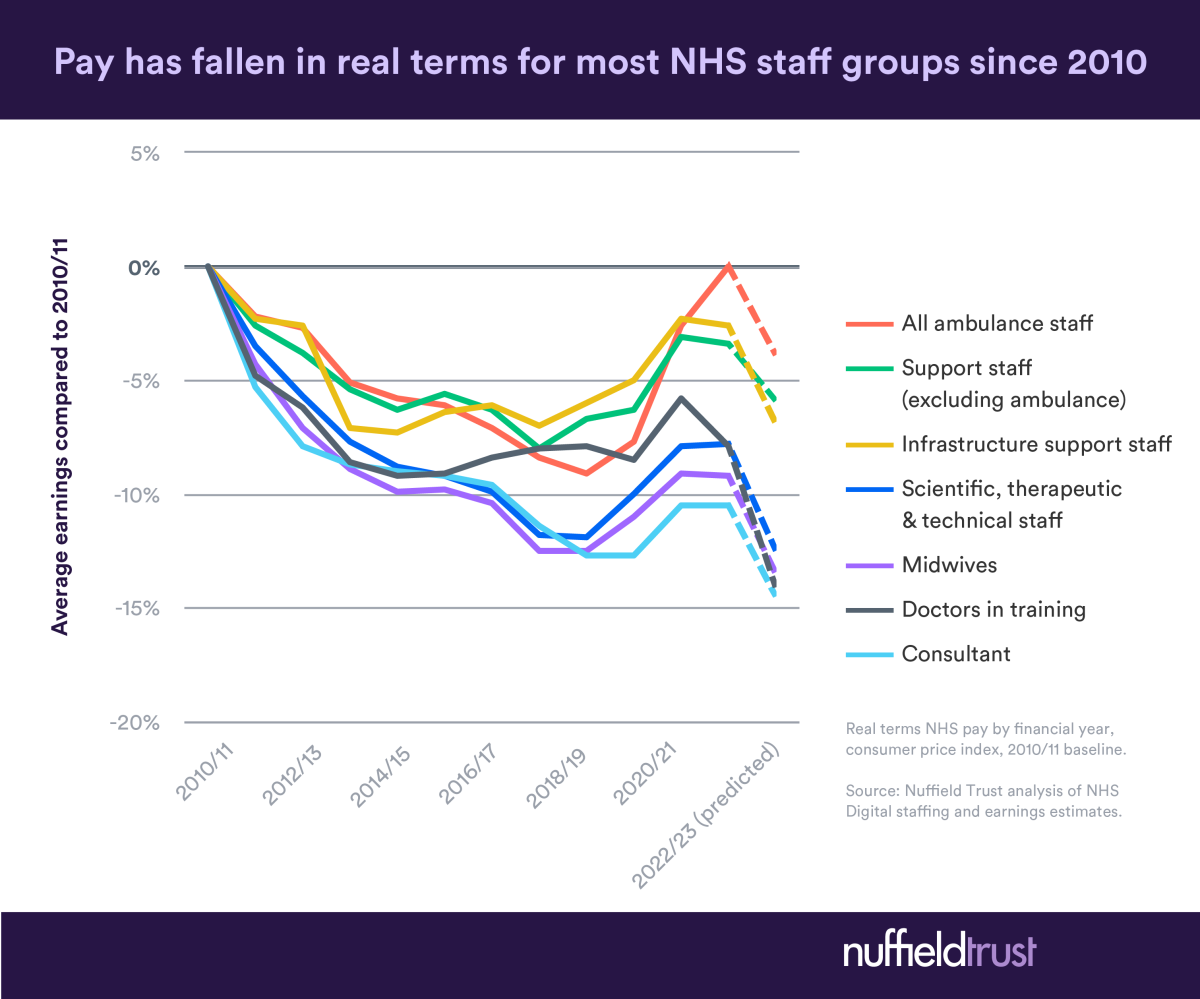Associate
- Joined
- 1 Mar 2004
- Posts
- 2,024
- Location
- Warwickshire
I think the pay is (generally) fine, assuming it keeps up with inflation, even if delayed. Seems to be the working conditions/demands on staff that are the real issue. The ones that I feel for are those that are say late 20s/early 30s, mountain of debt, out of hours working/high demands, wanting to start a family etc, which is basically impossible.
Problem is, nobody dare suggest the NHS be properly reformed, because it's become akin to criticizing somebodies religion.
Problem is, nobody dare suggest the NHS be properly reformed, because it's become akin to criticizing somebodies religion.




